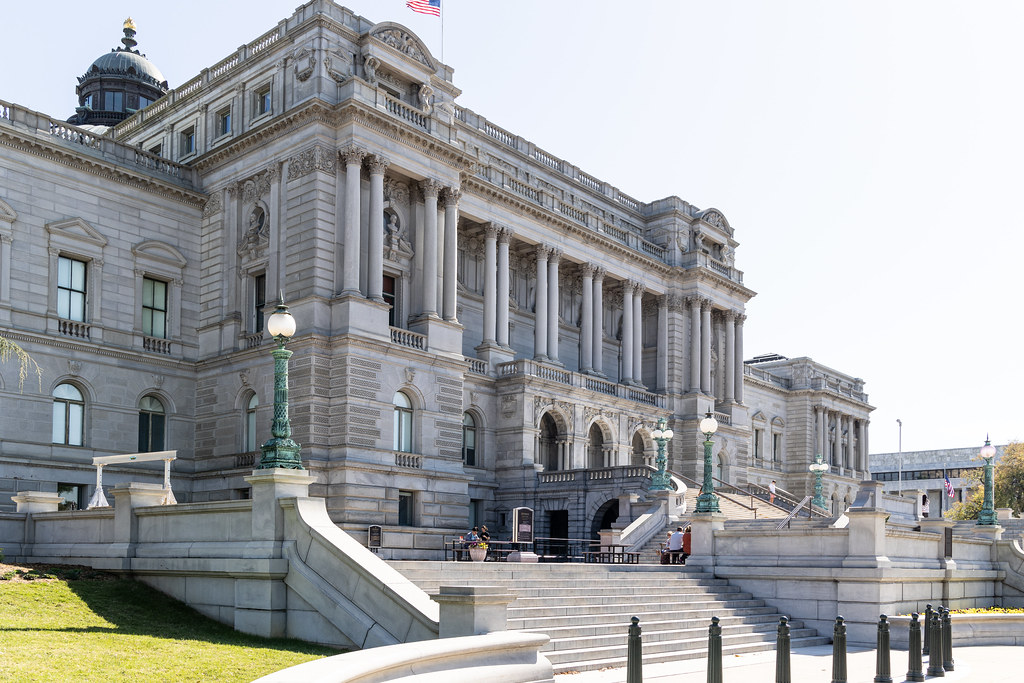
A federal appeals court on Wednesday halted President Donald Trump’s attempt to remove Shira Perlmutter, the U.S. register of copyrights, in a ruling that underscores the limits of executive power over legislative branch officials.
The Dispute Over Perlmutter’s Firing
Perlmutter, who was appointed in 2020 by the Librarian of Congress, says she was fired in May after producing a report on artificial intelligence that Trump opposed. She filed a lawsuit challenging her dismissal.
In a 2-1 decision, the D.C. Circuit Court of Appeals found that the register of copyrights is a legislative branch official and can only be dismissed by a Senate-confirmed Librarian of Congress — not the president. Judge Florence Pan, writing for the majority, said the firing “strikes us as a violation of the separation of powers that is significantly different in kind and in degree from the cases that have come before.”
The ruling also cast doubt on the legality of Trump’s appointment of Deputy Attorney General Todd Blanche as acting Librarian of Congress, noting that the role requires Senate confirmation. Blanche had quickly replaced Perlmutter with Justice Department official Paul Perkins.
Broader Constitutional Clash
The case is one of several testing presidential authority over positions tied to the legislative branch and independent agencies. While the Supreme Court has generally allowed Trump to remove officials, lower courts remain divided.
Judge Michelle Childs joined the majority in support of Perlmutter. Judge Justin Walker, a Trump appointee, dissented, citing Supreme Court precedent that has shielded presidential removals from judicial interference.
Pan wrote that Trump’s removal of Perlmutter was akin to “the President trying to fire a federal judge’s law clerk,” describing the act as a “genuinely extraordinary situation” that risks irreparable harm to the balance of government powers.
Author’s Opinion
The fight over Shira Perlmutter’s role is less about copyright and more about whether a president can reach across branches of government without checks. If Trump’s move had stood, it would have opened the door for future presidents to interfere directly in legislative functions, eroding the careful balance the Constitution created. The court’s decision was not just about one official but about protecting the separation of powers that keeps U.S. democracy functioning.
Featured image credit: Billy Wilson via Flickr
For more stories like it, click the +Follow button at the top of this page to follow us.
